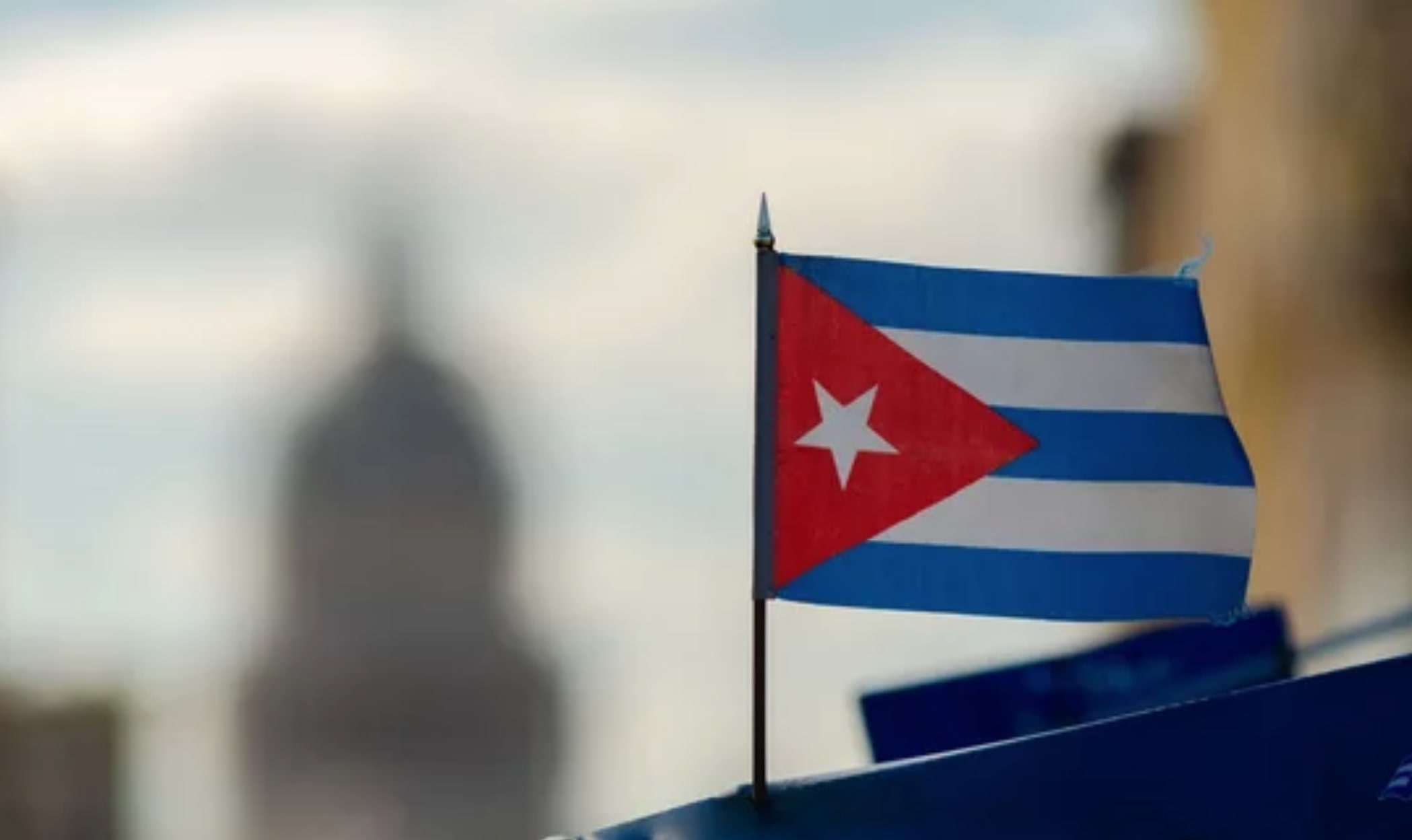Time to Reconsider the Dominance of the Dollar: Insights from the Cuban President
In a bold and thought-provoking statement, the President of Cuba has called for a reevaluation of the global financial landscape, suggesting that it may be time to move away from the dominance of the United States dollar. This call to action raises important questions about the role of the dollar in international trade and the potential benefits and challenges associated with embracing alternative currencies. As the world takes note of this significant proposal, it prompts us to examine the implications and possibilities that a shift away from the dollar could bring.
The United States dollar has long been considered the primary global reserve currency, providing stability and liquidity to the international financial system. Its status grants the United States substantial influence over global economic affairs, including the ability to impose financial sanctions and control the flow of international transactions. However, this privilege is not without its controversies and concerns, prompting some nations to question whether a single currency should wield such extensive power.
Cuba’s president argues that the time has come to reconsider the dollar’s role as the dominant reserve currency. Citing issues such as the potential for abuse, financial vulnerability, and geopolitical considerations, he highlights the need for diversification and the exploration of alternative currencies. This perspective resonates with other nations that have expressed similar sentiments in recent years, fueling discussions about the potential benefits of a more multipolar currency system.
One key advantage of moving away from the dollar-centric system is the potential for greater financial sovereignty among nations. Relying less on the dollar would reduce vulnerability to external economic pressures and allow countries to exert greater control over their economic policies. It would also encourage the development of regional currencies and strengthen regional economic integration, fostering stability and resilience within specific geographical areas.
Another aspect to consider is the potential impact on international trade. The dollar’s dominance can sometimes lead to challenges for nations that face barriers in accessing the U.S. financial system due to political or economic reasons. By embracing alternative currencies or creating new regional mechanisms, countries can facilitate smoother trade transactions, reduce transaction costs, and foster greater inclusivity in global commerce.
However, transitioning away from the dollar is not without obstacles and potential drawbacks. A major challenge lies in establishing trust and stability in alternative currencies or mechanisms. Confidence in the new financial framework would need to be cultivated among nations, investors, and international financial institutions. Moreover, the establishment of alternative currencies could raise concerns about exchange rate volatility and the potential for competitive devaluations.
Additionally, the influence and resistance from the United States, which benefits greatly from the current system, cannot be underestimated. Any significant shift away from the dollar would likely face resistance and potential economic repercussions. It would require extensive international cooperation, strategic planning, and diplomatic negotiations to navigate the complexities involved.
While the Cuban president’s call to ditch the dollar may be seen by some as a radical proposition, it brings to light important conversations about the need for a more equitable and balanced global financial order. As discussions around the future of international currencies gain traction, it is crucial for nations to engage in open dialogue, exploring potential alternatives, and considering the potential consequences and benefits for the global economy.
The path to a more multipolar currency system will not be a straightforward one, but it is essential to assess the advantages and disadvantages of such a transition. As we contemplate the future of global finance, we must consider the broader implications for economic stability, international trade, and the distribution of power among nations. A shift away from the dominance of the dollar would undoubtedly be a monumental undertaking, but it could also serve as an opportunity to foster a more inclusive and balanced international financial system.
The Cuban president’s proposal serves as a catalyst for a broader discussion on the role of the dollar and the need for diversification in the global financial landscape. It is a call to critically examine the current monetary system and explore alternatives that promote economic sovereignty, inclusivity, and stability. The proposition invites nations to envision a future where multiple currencies coexist, fostering cooperation and reducing the risks associated with relying heavily on a single dominant currency.
As the international community contemplates the Cuban president’s call to action, it is crucial to approach this topic with open minds and a commitment to constructive dialogue. Rather than viewing it as a direct challenge to the existing system, the proposal should be seen as an opportunity to assess and improve upon the shortcomings of the current financial order.
The path towards a more diversified currency system will require collaboration, research, and careful planning. It necessitates close cooperation among nations, central banks, and international financial institutions to ensure a smooth and seamless transition. Furthermore, the development and adoption of new mechanisms and currencies must be grounded in transparency, accountability, and economic stability to earn the trust and confidence of global stakeholders.
While the process of moving away from the dollar as the dominant reserve currency may be complex, it is important to remember that change often emerges from the exploration of new ideas and perspectives. The proposal by the Cuban president serves as a catalyst for deeper conversations and critical evaluations of the existing monetary framework.
As the world reflects on this call to reevaluate the role of the dollar, it is essential for policymakers, economists, and stakeholders to engage in meaningful discussions and collaborative efforts. The goal should be to design a more inclusive, resilient, and balanced international financial system that takes into account the diverse needs and aspirations of nations across the globe.
The Cuban president’s proposition challenges us to question the status quo and explore alternative paths that promote financial stability, sovereignty, and economic justice. It is a reminder that the global financial landscape is not immutable, but rather a human construct that can be shaped to better serve the interests of all nations.
In the coming years, it is expected that discussions on the role of the dollar and the potential for a more multipolar currency system will continue to gain momentum. The voices of nations from diverse regions and economic backgrounds will shape these conversations, fostering a more comprehensive and inclusive approach to global finance.
Ultimately, whether or not the world decides to “ditch the dollar” remains to be seen. However, the proposal put forth by the Cuban president invites us to think critically about the existing financial order, its implications, and the potential for a more balanced and equitable future. It serves as a call to action for researchers, policymakers, and global leaders to explore innovative solutions that can enhance economic stability, foster international cooperation, and create a more resilient global financial system that truly serves the needs of all nations.














